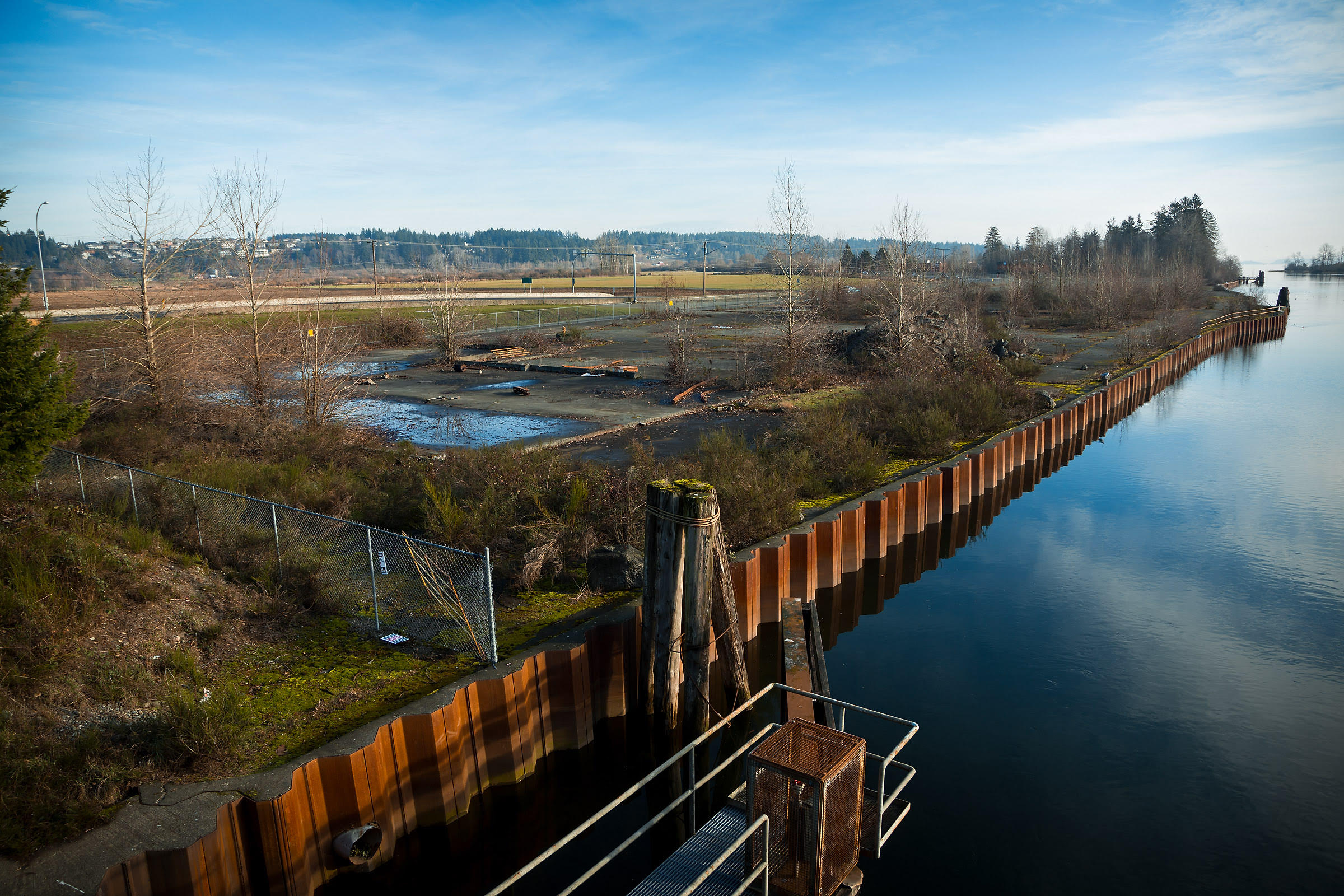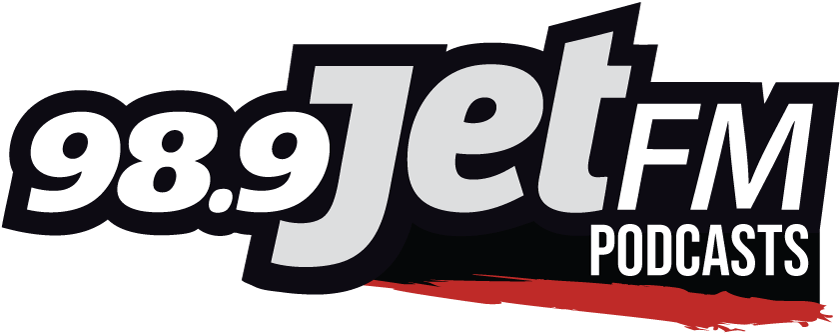An abandoned sawmill site at the edge of the Comox estuary will be restored to its natural state.
The Kus-kus-sum project took a significant step forward after getting $650,000 in provincial funding.
It will bridge the funding gap so the site can be purchased from Interfor and restoration work can begin.
“We are committed to reconciliation with the K’ómoks First Nation, and purchasing this site will support the restoration of an environmentally and culturally significant estuary to benefit the entire Courtenay-Comox community,” Forests minister Katrine Conroy said.
The new funding follows a $1-million 2019 commitment from the government to the Comox Valley Project Watershed Society that supports the purchase of the former industrial site, so it can be returned to saltmarsh, side-channel and riparian habitats.
In returning it to a natural state, they will remove 8.3 acres of concrete, recontour the land, and replant native species.
The province says the restoration will support the recovery of fish and wildlife species, and mitigates flooding in the region.
Restoration and remediation will be covered by the society with funding support from various sources, including local communities and philanthropists.
The project site is named Kus-kus-sum in recognition of the historic First Nation ancestral burial site once located in the area.
“Restoring the cultural and historically significant site of Kus-kus-sum is a vision K’ómoks First Nation shares with Project Watershed and the City of Courtenay, and we appreciate the B.C. government for providing the additional bridge funding to aid in this restoration,” said K’ómoks First Nation Chief Nicole Rempel.
“Being stewards of the lands and waters, it is inherently our duty to restore and assist in the rehabilitation of the natural habitat of the salmon and various marine and wildlife in this area.”
The K’omoks estuary is in the territory of the K’ómoks First Nation.
The property is a sensitive ecological site and was historically used by the K’ómoks people as the final resting place of their ancestors.
The Kus-kus-sum project, named after the historic village site, has been identified as an important step in the path toward reconciliation with the K’ómoks. The estuary is considered one of the most valuable estuaries on the west coast of B.C. for its size, intertidal biodiversity and species that use it and is an important salmon habitat.
“Restoring the estuary is a crucial project for the community and the region,” said Ronna-Rae Leonard, MLA for Courtenay-Comox. “I want to express my gratitude to the K’omoks, to the city and to Project Watershed for their work in making this happen. I’m proud our government saw the value in restoring Kus-kus-sum.”
Tim Ennis, senior project manager, Project Watershed, said: “Project Watershed is absolutely thrilled by the leadership and support of the Province in what we feel is one of the most important salmon habitat restoration projects happening on the coast of B.C. right now. This recent investment unlocks our ability to move forward with the transformation of an industrial site in the heart of one of B.C.’s most important estuaries back to natural saltmarsh and other habitats. The benefits of this project will be felt for generations to come.”






